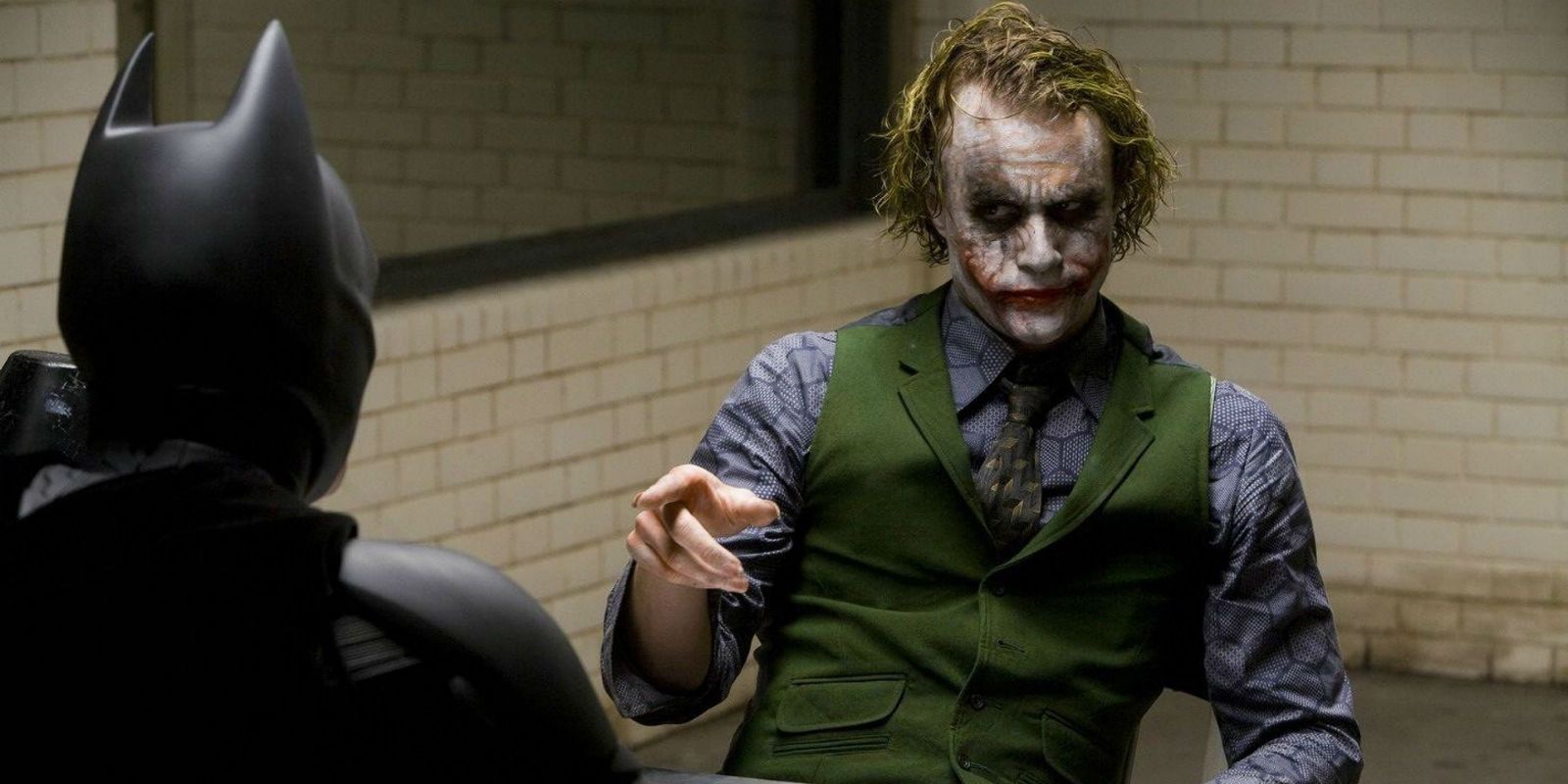The British Film Institute has allied with the #IAmNotYourVillain campaign, declaring that it will no longer support movies with scarred villains. Facial scars have become something of a shorthand for villainy in movies - from Freddy Krueger to Heath Ledger's Joker to The Lion King's Scar - but UK charity Changing Faces has been endeavoring to beat the stigma of visible scars and their negative associations in the film industry.
The BFI is an organization dedicated to supporting and funded British-made films, and allocates a certain amount of funding every year to movies by British filmmakers and studios. Recent BFI-funded films include zombie drama The Girl With All the Gifts, crime film Trespass Against Us, and gritty romance God's Own Country. Given the kind of films that the BFI usually funds, the decision not to support movies with scar-faced villains probably won't actually affect funding allocation much (they're usually found in Bond movies, action blockbusters and superhero films rather than low-budget dramas), but even as a symbolic gesture it has worth.
Related: 13 Best British Gangster Movies Of All Time
Changing Faces was founded by Dr. James Partridge in 1992, and provides support for children and adults who have observable differences to their faces, hands, and body that cause them to suffer social stigma discrimination. The charity has argued that facial scars being used to signify that characters in movies are evil have contributed to the negative perception of real people with similar scars. The "I Am Not Your Villain" campaign was launched earlier this month, with Changing Faces and the BFI urging those in the film industry to ditch the trope of the scarred villain. In a statement,
“Film has such a powerful influence on society, it enables us to see the world in new ways, enriches lives and can make a vital contribution to our wellbeing. It also is a catalyst for change and that is why we are committing to not having negative representations depicted through scars or facial difference in the films we fund. It’s astonishing to think that films have used visible difference as a shorthand for villainy so often and for so long. The time has come for this to stop."
Some have decried the decision, saying that the BFI's condemnation of villains with facial scars in movies suppresses creativity. Others, however, have argued that there's nothing particularly creative about a villain with a scarred face, given that it's one of the oldest and most persistent tropes around, and avoiding it actually forces filmmakers to get more creative with their character design. In any case, the BFI has always exercised discretion when allocating its limited funding for films, and with 1.3 million people in the UK having some kind of visible difference, the organization may have a point about the film industry's responsibility to stop reinforcing stigmas about facial scarring.
The image of the villain with an eyepatch, burn scars, or skin discoloration has become such a staple of filmmaking that even the suggestion that it might be contributing to harmful stereotypes has sparked a backlash. Moreover, it's rarer to see heroes with similar scars; the upcoming adaptation of YA novel Mortal Engines deliberately reduced heroine Hester Shaw's disfigurement from its description in the novel ("her mouth was wrenched sideways in a permanent sneer, her nose was a smashed stump, and her single eye stared at him out of the wreckage") to a dainty little scar that doesn't affect Hester's nose or eye at all. Director Christian Rivers explained in an interview with EW that the decision was made primarily because the film has a romantic subplot. "We need to believe that Tom and Hester fall in love," he said, implying that audiences wouldn't buy the movie's male lead falling in love with someone as badly scarred as the novel version of Hester.
Perhaps the BFI has a point.
More: How the British Film Industry Became a Hollywood Backlot
Source: Changing Faces

